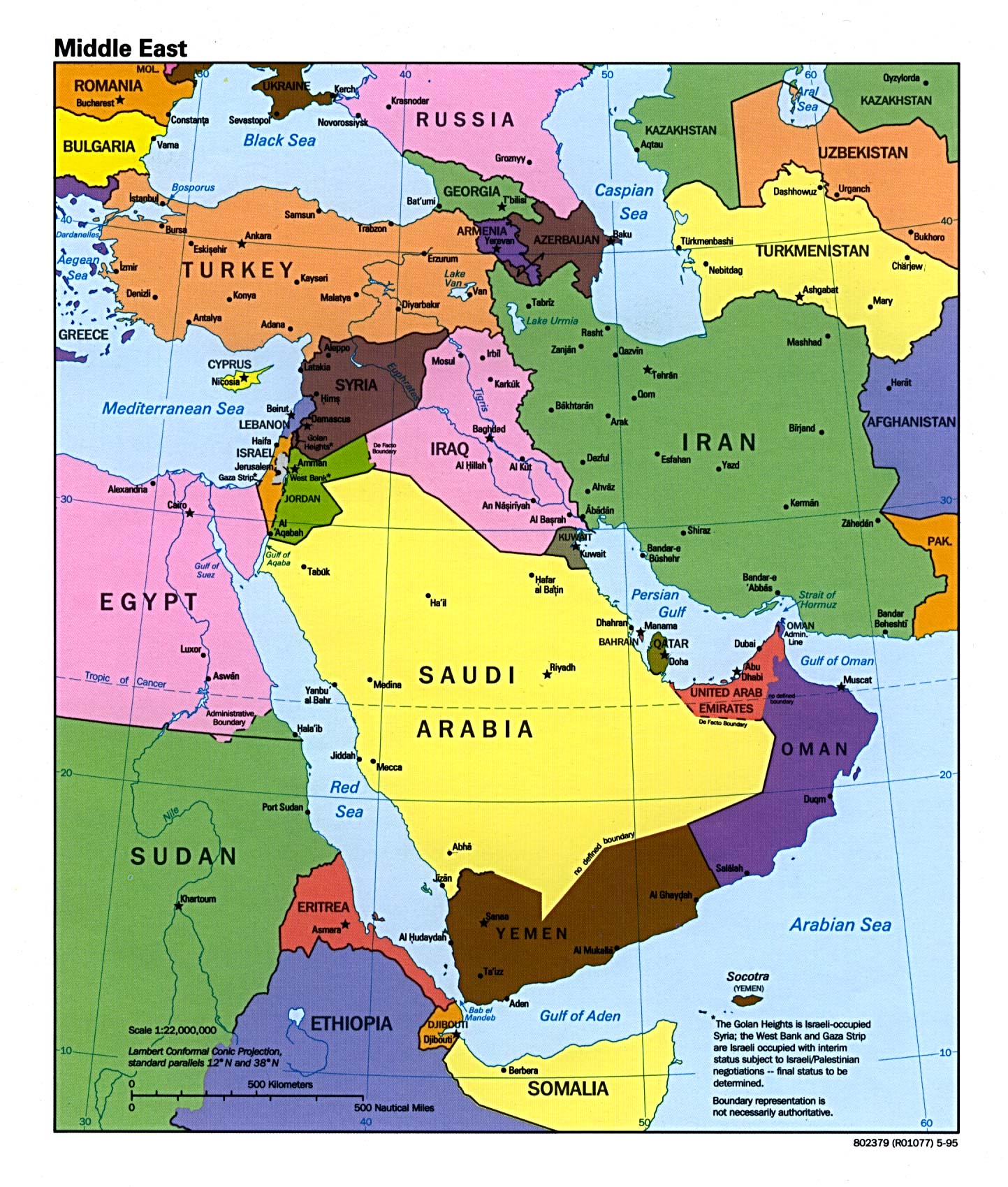
Very nice World Politics Review piece by Gregg Carlstrom.
The premise:
In dozens of statements, interviews and news conferences since taking office, Obama has been adamant about sticking to the withdrawal timetable, which calls for removing all U.S. combat troops by August 2010 and a complete U.S. withdrawal by the end of 2011 . . .
And Obama is by no means bucking domestic public opinion in holding so steadfastly to that promise now. A CNN/Opinion Research Corporation poll released in January found that 62 percent of Americans support his timeline for withdrawal . . . Domestic politics, in other words, argue strongly against delaying the withdrawal.
And yet, the prospect of doing just that continues to be a hot topic in Washington. Tom Ricks, a senior fellow at the Center for a New American Security, published a paper in February urging the Obama administration to scrap the timeline. Conservative commentators and analysts -- Max Boot, for example -- think the U.S. should maintain a long-term military presence in Iraq. Lawmakers routinely ask civilian and military officials whether the deadlines are flexible.
At times, the Pentagon has also seemed far more circumspect than the White House about the timetable.
Publicly, the Iraqis take great pride whenever US troops pull back or out of a city or region, but privately, Iraqi officials are more circumspect, says Carlstrom.
Internally, the future is rather bright:
"What's left of the insurgency is pretty quiet these days," said Michael Wahid Hanna, a fellow at the Century Foundation. "And there's never going to be a time when they have a greater motivation to attack than now."
Why now at the end? Insurgencies always ramp up violence when the occupier is leaving, in order to claim "victory!" So expect some additional effort.
The real concerns are "external": e.g., the internal border with the KRG (Kurds) and the real one with Iran and Syria (but more so Iran).
I certainly agree with Carlstom here about the look of an inevitable post-2011 presence:
But most analysts say that any American presence will look much different after 2011 than it does today: A few thousand troops, mostly serving in an advisory and training role, or performing functions that Iraqi forces can't yet handle. The Iraqi military is also executing an ambitious procurement plan, with the air force, for example, planning to purchase more than 400 new planes over the next decade. U.S. troops will certainly help train the military on its new hardware.
Regionally speaking, it is as I've long argued, a question of competing Shia-Sunni poles potentially using Iraq as a proxy-war site. But Carlstrom reassures here:
Iran's role in Iraq does continue to grow, as evidenced by the parade of Iraqi officials visiting Tehran before and after the parliamentary election. Saudi Arabia represents the other pole, a Sunni Arab counterweight to the Persian Shiites in Iran. But both countries are mistrusted by a plurality of Iraqis -- and not always for sectarian reasons. For instance, the Shiite Sadrist movement, with its staunchly nationalist views, often holds Iran at arm's length. Against that backdrop, some analysts say, the U.S. could carve out a durable diplomatic role in Iraq.
What may temper Obama on all this: Bob Gates fears a final-scene-of-Charlie-Wilson's-war outcome, as in, penny wise and pound foolish.
I agree and don't see how Obama can stick with his zero troops notion, unless it naturally incorporates several thousands of non-combat personnel--essentially pure SysAdmin.